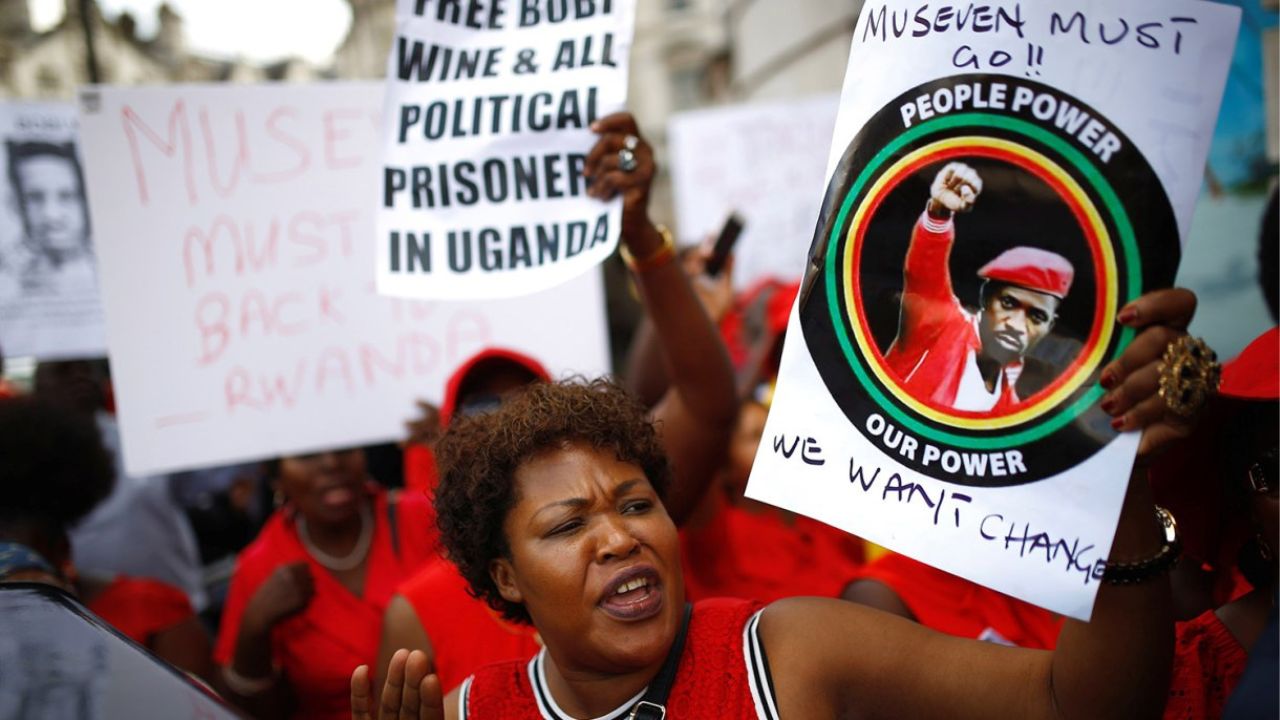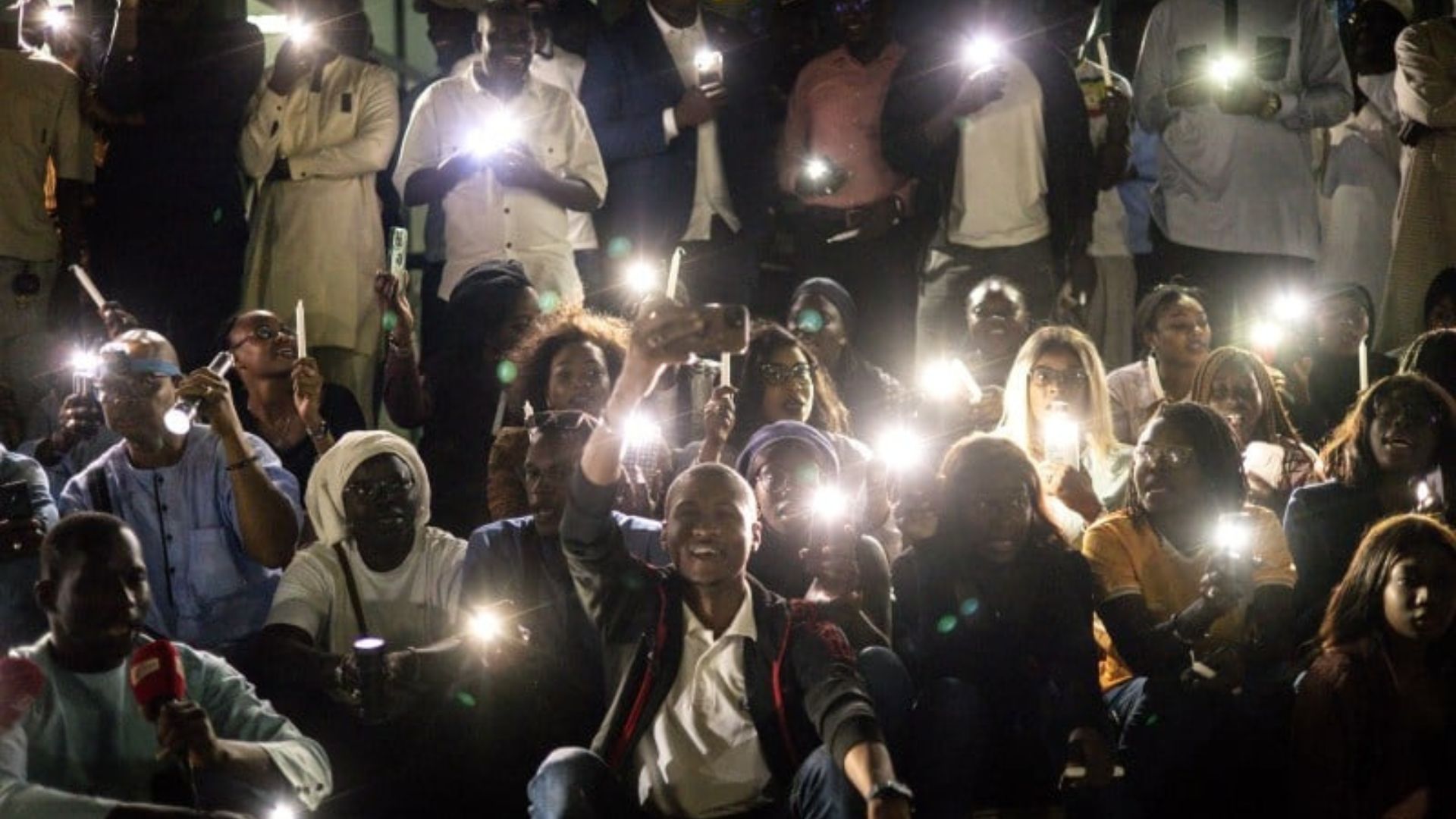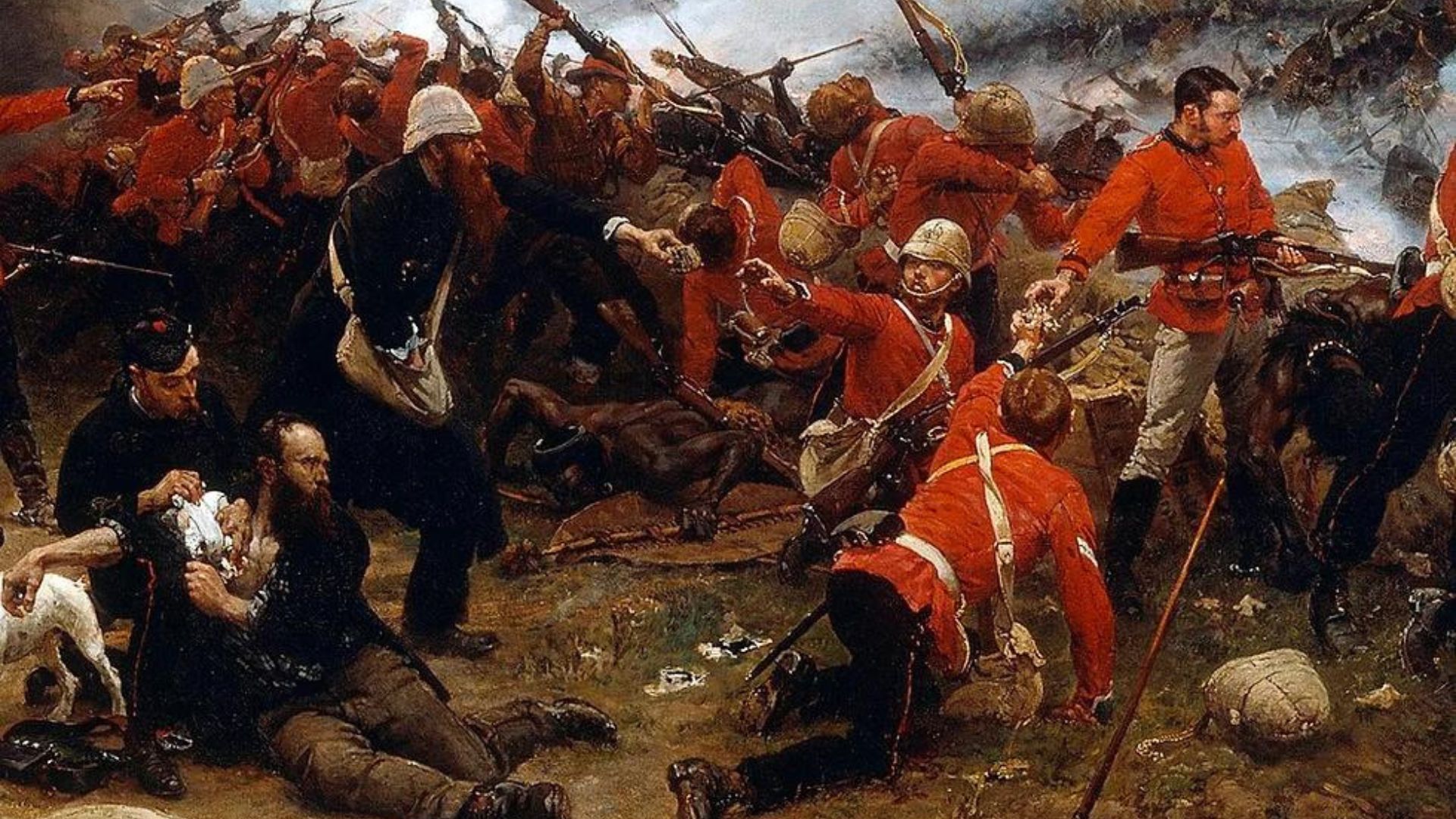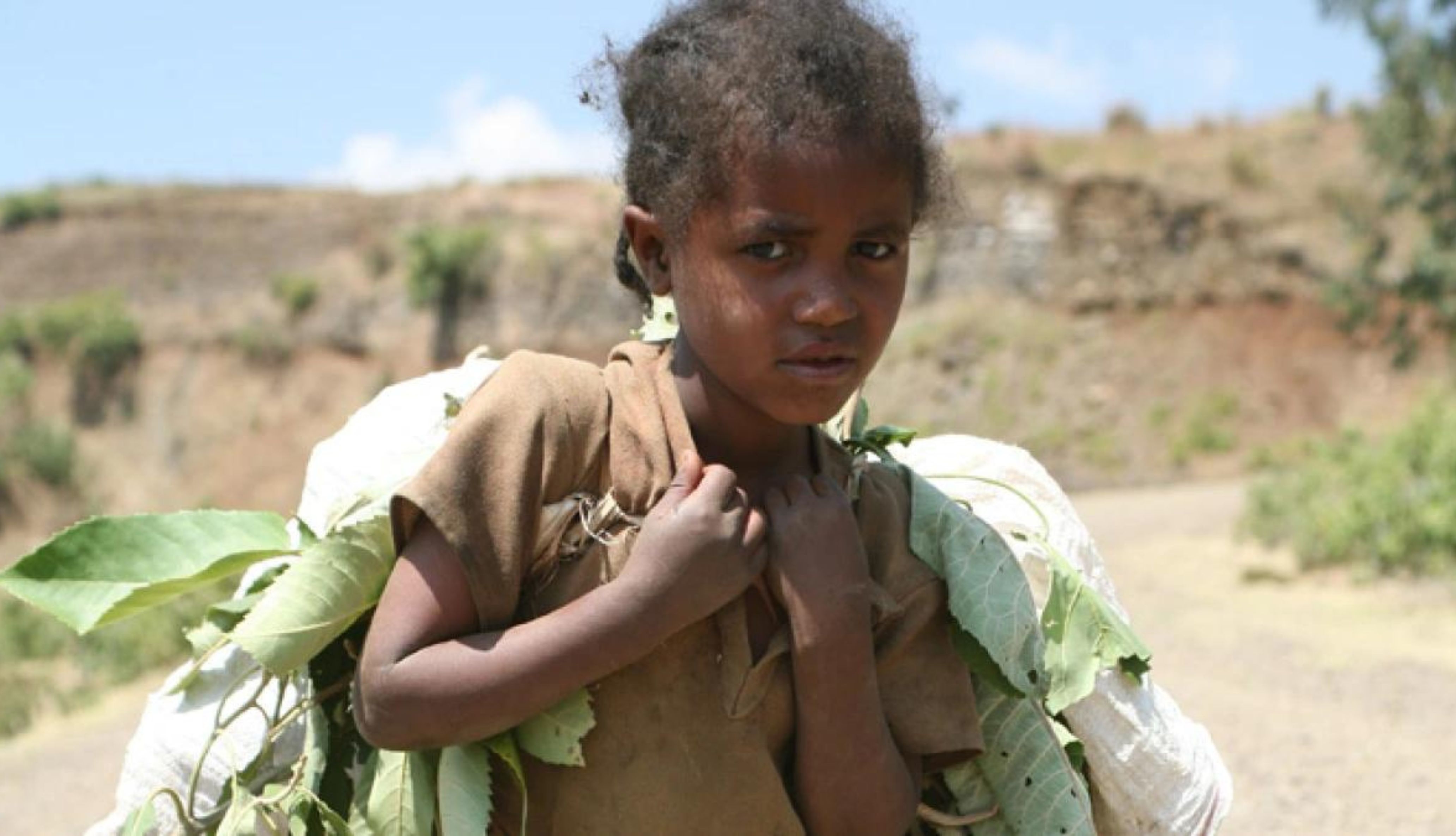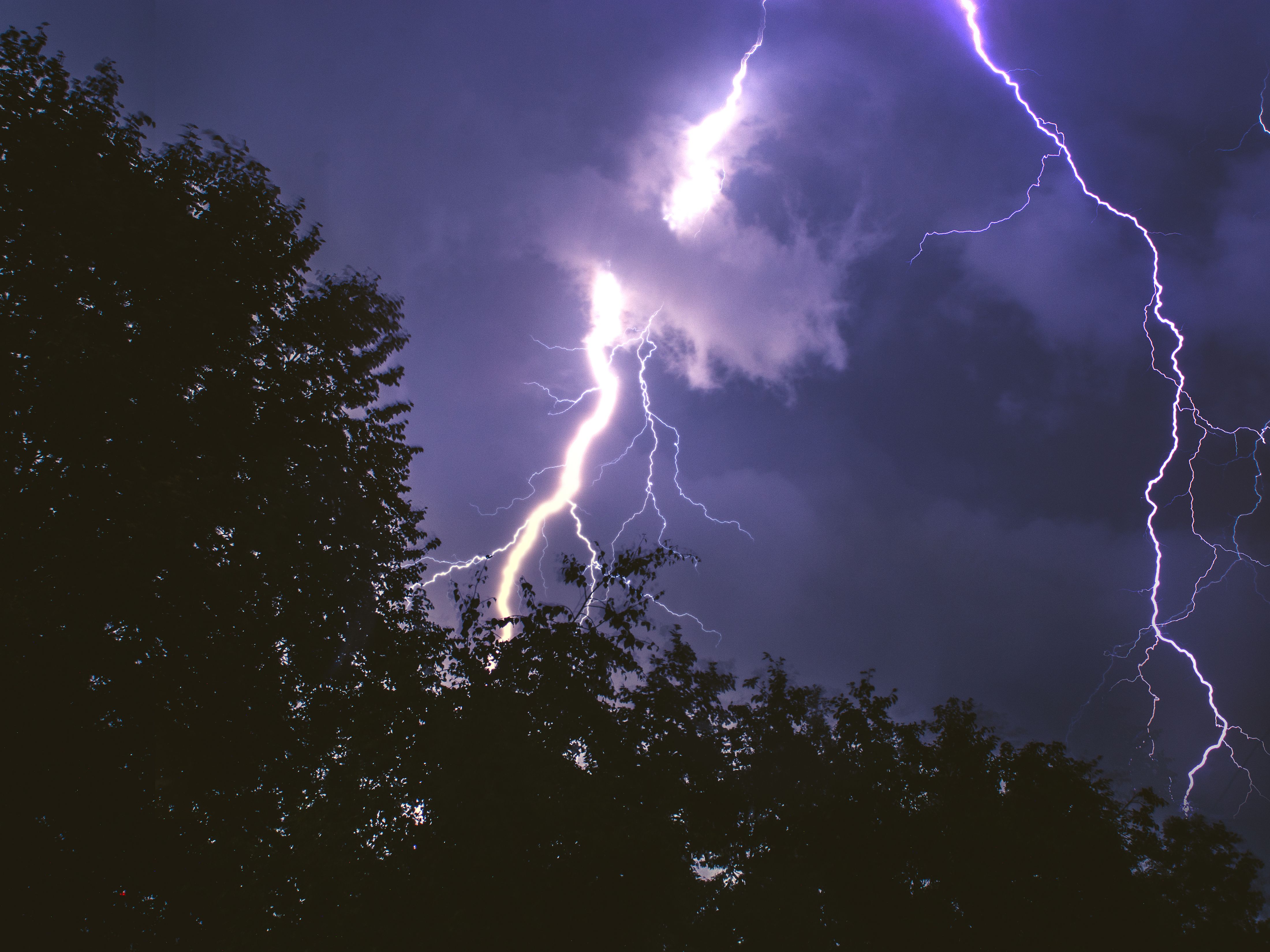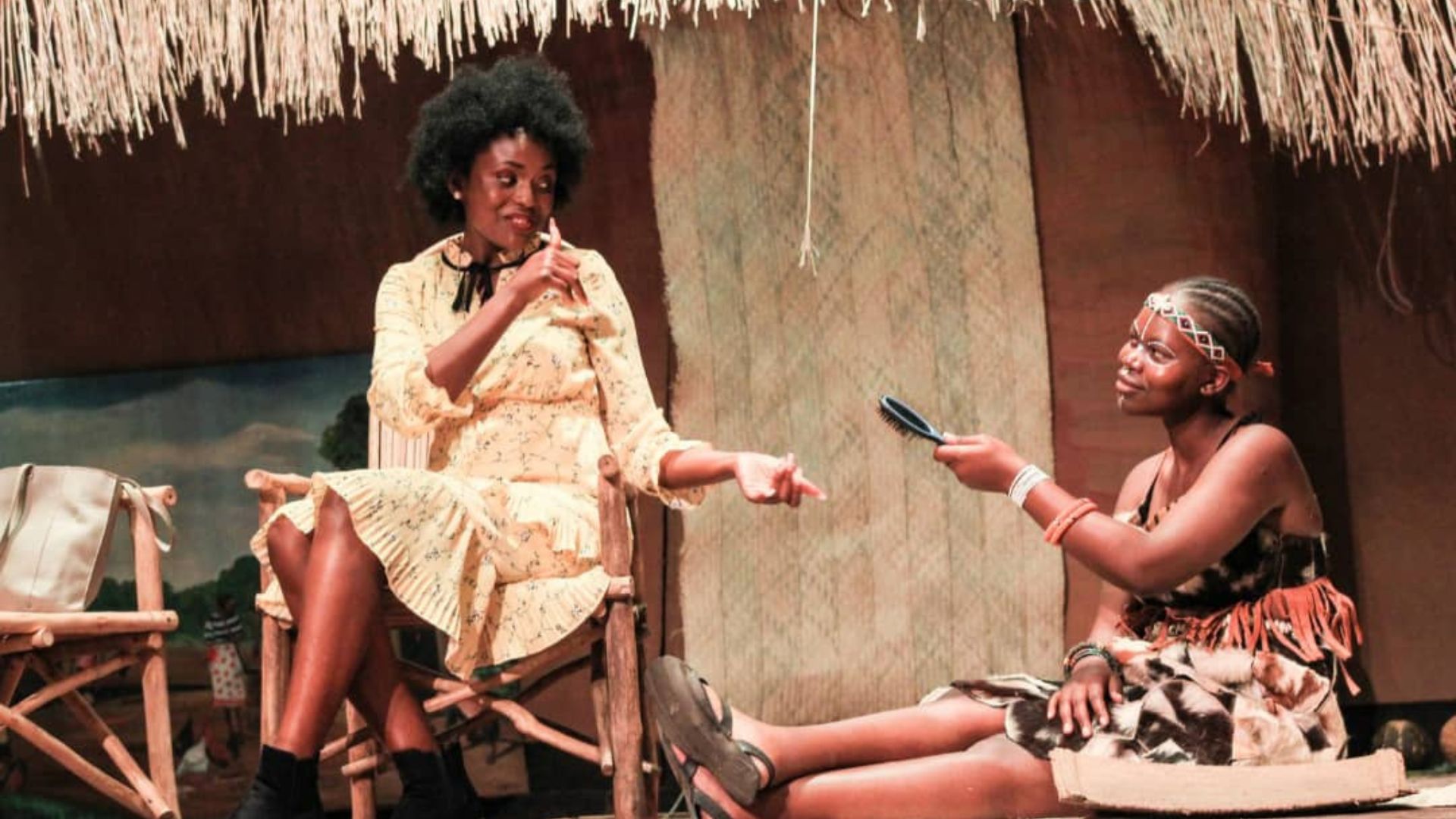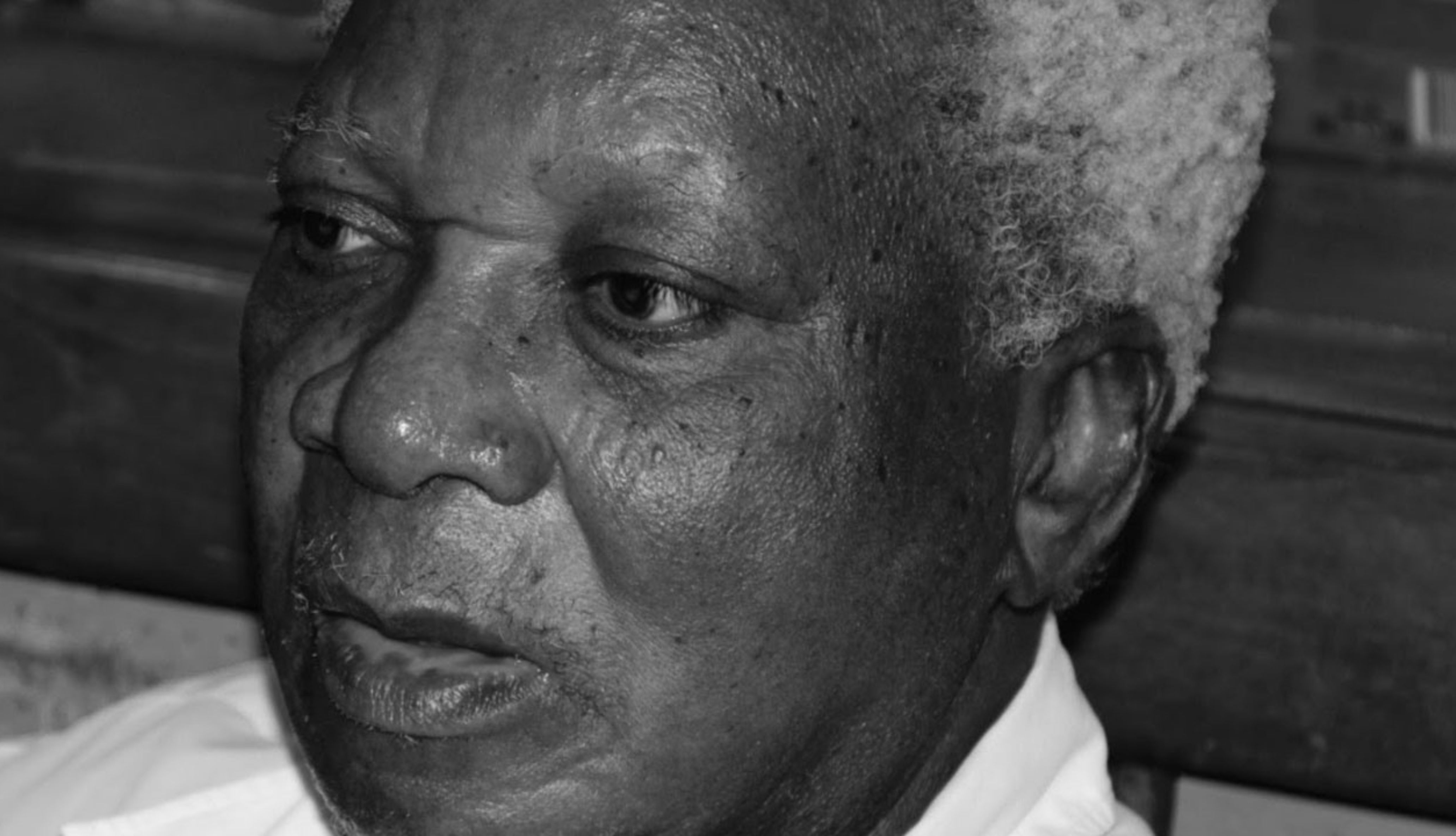JP Clark, whose full name is Johnson Pepper Clark-Bekederemo, was born on the 6th of April, 1935, to an Ijaw father, Clark Fuludu Bekederemo, a Chief, and an Urhobo mother in Kiagbodo, Warri Province.
Clark-Bekederemo grew up in a small fishing village with no elementary school. However, he had access to the best education that British colonial Nigeria offered, owing to his parents’ influence.
Early Years
Clark-Bekederemo started his early childhood education at the Native Authority School in Okrika (Ofinibenya-Ama), Burutu LGA (then Western Ijaw), and the prestigious Government College in Ughelli.
In 1954, Clark spent a year as a clerk in a government office, where he contacted some of Nigeria’s elites before gaining admission to the University of Ibadan to study English. While at the university, he edited articles for magazines such as “The Beacon” and “The Horn.”
These magazines gave ample opportunities for publication to several writers who later became the first generation of Nigerian authors.
After graduating from the university in 1960, Clark started his career as a writer and journalist with the Nigerian government, where he worked as an information officer. He also featured prominently as a guest writer and an editorial writer for the Daily Express in Lagos from 1960–62.
During this period, Clark-Bekederemo’s early plays and poetry were published and well circulated among Western readers.
With his fast-rising profile, he caught the attention of university programs in the United States that were established with the goal of cultural exchange. He received Princeton University’s “Parvin Fellowship” and was in the United States for the 1962–1963 academic sessions.
While in the United States, Clark-Bekederemo clashed repeatedly with his hosts, and he was asked to leave Princeton just after a year. His brief visit to the US was productive in terms of artistry.
Experience in America
Clark-Bekederemo documented his experiences criticising what he saw as the materialism, sexual obsession, and ignorance of Americans about the rest of the world in his book, “America, Their America,” published in London in 1964 and appeared five years later in the United States. Clark-Bekederemo, while at Princeton, worked on two plays.
The first play was titled “Masquerade,” a romantic tragedy that carried forward the lives of some of the characters in “Song of the Goat.” It was compared to Shakespeare’s Romeo and Juliet as it presented on stage a rich portrayal of West African life while showing the “interrupting” power of romantic love against the structures of the traditional society.
Also, in Clark-Bekederemo’s play, “The Raft,” which was intended for radio broadcast, four characters were woodcutters that floated logs to urban markets through the Niger River. They soon fell into mortal danger when their raft started to break up, and they faced the challenge of cooperating.
The play, in its entirety, seems to be an allegory of the ethnic divides prevalent in Clark-Bekederemo’s Nigerian homeland.
Return to Nigeria
On Clark-Bekederemo’s return to Nigeria, he spent a year as a Research Fellow at Ibadan and later began the research that produced the “Ozidi saga.” He married a Yoruba woman, Ebun Odutola, a talented actress, in 1964. They had three daughters, Ebiere, Tamara, and Imoyadue, and a son, Ambekederemo.
He joined the faculty of the University of Lagos that same year, and in 1972, he was appointed professor of English. 1975 and 1976 saw him emerge as a Distinguished Fellow at Wesleyan University in Connecticut. Clark-Bekederemo wrote more on African themes in “A Reed in the Tide.”
In his volume of poetry written in 1965, Clark-Bekederemo wrote on the Nigerian political themes that endangered his life.
Clark-Bekederemo’s life was influenced and affected by a series of military takeovers that led to a full-blown Nigerian civil war in the late 1960s. Emmanuel Ifeajuna, his former classmate and an army officer, lost his life after Clark-Bekederemo helped bring him back from exile in Ghana to Nigeria.
It was a terrible experience as the world looked on in horror as a region of Nigeria split off and declared independence as the Biafra nation, only to suffer horrific reprisals at the hands of the Nigerian military.
Art of Poetry
Clark-Bekederemo documented his war poems in a 1970 volume called “Casualties.” These poems addressed the conflict from different perspectives.
The poem that gave the book its title explored the stance of Nigerians who shared their opinions on the war from abroad, attempting to support one side.
“They are rift’s emissaries, so smug in smoke-rooms that they haunt abroad; they are wandering minstrels who, beating on the drum of the human heart, draw the world into a dance with rites it does not know,” he wrote.
In the Casualties’ poems, Clark-Bekederemo used elements of traditional African animal folktales to distance the reader from the events talked about, which made some Nigerian readers angry.
Some critics observed Clark-Bekederemo’s description of the war as shaping and rippling society. Clark-Bekederemo, however, wrote very little in the 1970s; this might be because he was discouraged by the controversy that followed his works or because he was probably exhausted after ten years of intense creative work.
Clark-Bekederemo edited a literary magazine called “Black Orpheus.” He also worked on the traditional Ozidi saga and made the English translation. He also participated in a film based on that epic.
His teaching career, however, was on the rise as he spent a year teaching at Wesleyan University in Middletown, Connecticut, and eventually became a department head at the University of Lagos.
Clark-Bekederemo began to develop his creative drive in the 1980s. He retired early from the university that year and established a theatre company, the “PEC” (for Pepper and Ebun Clark) Repertory Theatre.
The PEC Repertory Theatre was Nigeria’s first repertory theatre institution, an ongoing theatrical company committed to performing a mix of classic and new works. The new company staged some works written by Clark-Bekederemo; his 1985 play The Return Home was part of a series of three pieces the author titled “The Bikoroa Plays.”
These works were based on a half-century of Nigerian history that Clark-Bekederemo and his ancestors had witnessed. Clark-Bekederemo also wrote a comedy, “The Wives’ Revolt,” in 1984 that Aristophanes, the ancient Greek comic playwright, influenced.
Clark-Bekederemo wrote an anthology, “State of the Union and Mandela and Other Poems,” which was published in the 1980s; some of the poems in these volumes examined the challenges of contemporary Africa and did away with all forms of youthful idealism Clark-Bekederemo might have harboured concerning the future of the continent.
Several of Clark-Bekederemo’s plays and poetry collections were published in the late 1980s, both in Nigeria and the diaspora; Howard University Press in the United States issued a collection of his works along with his translation of the Ozidi saga. He remained an active writer into the 1990s.
In 1991, Clark-Bekederemo received the Nigerian National Merit Award for literary excellence and various other awards.
He recently unveiled his latest anthology of poems, “Remains of a Tide,” published by Mosuro Publishers at the JP Clark Center, University of Lagos, in 2018.
The anthology was written honouring friends and relatives who are alive and those who have passed on. It was dedicated to Ebun Clark, his wife of 52 years. Clark-Bekederemo remains a legend in African literature and an emblem of African poetry.

